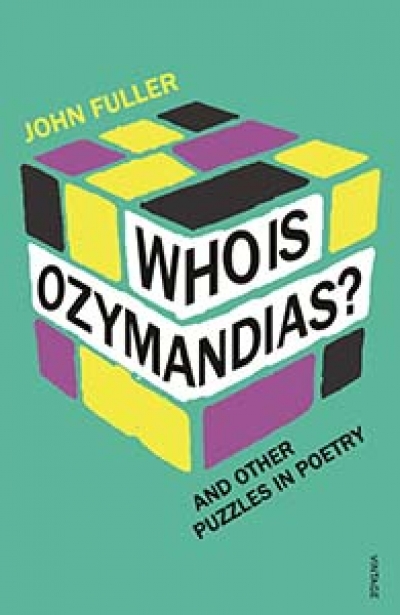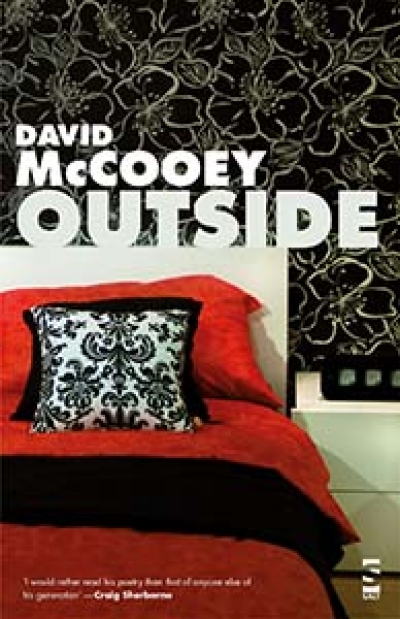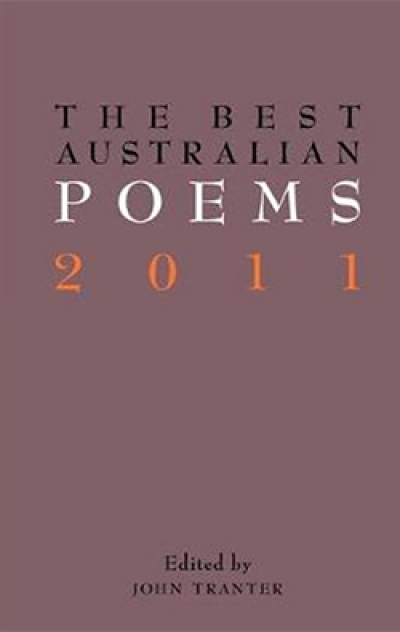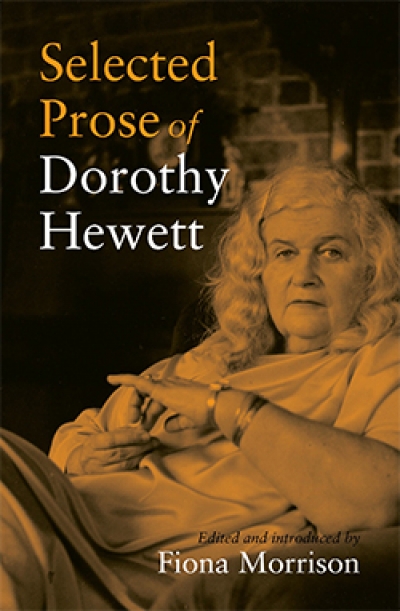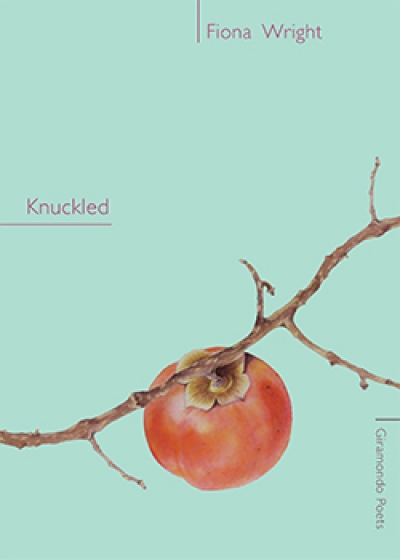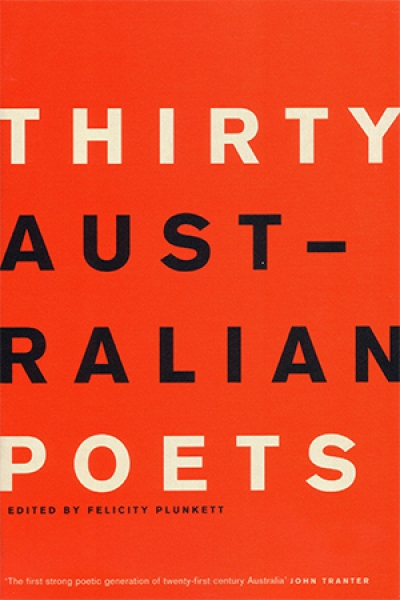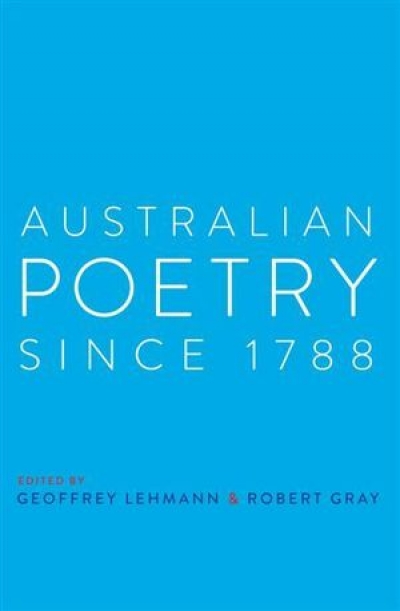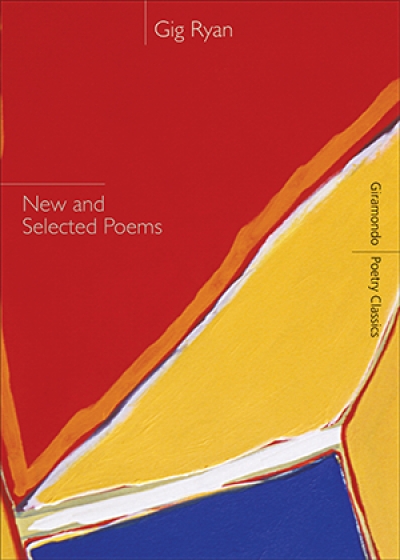Poetry
Who is Ozymandias?: And other puzzles in poetry by John Fuller
Those who write about poetry these days don’t go in much for lightness. More often their solemnity springs from the need to score research points or from their front-line positions in gang wars. If only the verbal art could have a critic who trod as lightly as the epigrams of Laurie Duggan or the juxtapositional poems of Jennifer Maiden. But wishes are not horses, and we must be grateful for what we’ve got. Recently to hand is an agreeably jaunty book of essays from the Oxford poet John Fuller. He certainly likes to keep it light and clear: pedagogical in the gentlest way. As critic he reads hard, but writes soft: a close reader with a free rein, we might say. And he knows that any modern poem is, metaphorically, a hybrid between layered onion and head of broccoli.
... (read more)Philip Larkin at thirty-one asked ‘Where can we live but days?’ It shouldn’t take half a lifetime to learn that we have night and day, yet learning how to live with this arrangement, and that this is the arrangement, is something we keep adapting to all our lives. While not a dichotomy, night and day help form the dichotomous nature of our thinking, and inform especially the method of describing and explaining everything that we call poetry. David McCooey has taken this elementary fact as first principle in creating poetry that is by turns accepting and acerbic, buoyant and bothered, carefree and careful. Outside is divided into two studied sections, one coloured by day, the second by night.
... (read more)I first discovered Australian literature in Argentina. While I was there studying Argentinian literature at the University of Buenos Aires in 2009–10, I spent many nights hunched over the table in our dingy kitchen with one of my housemates, Teresa. We would pick over the politically infused vernacular of the short stories ...
... (read more)With the recent focus on new anthologies in the Australian poetry community firmly placed on UNSW Press’s Australian Poetry Since 1788 (edited by Geoffrey Lehmann and Robert Gray) and the publication of two anthologies dedicated to the work of younger poets (UQP’s Thirty Australian Poets and ...
... (read more)Best known for her poetry and plays, Dorothy Hewett was also the author of novels, short stories and numerous reviews, articles and lectures. An excellent Collected Poems (Fremantle Arts Centre Press, 1995), edited by William Grono, has been complemented by Selected Poems of Dorothy Hewett (2010). The highlight of Hewett’s prose writings as a whole is her brilliant autobiography, Wild Card (1990), in which she presents aspects of her tumultuous life story from 1923 to 1958. UWA Publishing will reissue this work in May 2012, a decade after her death. Hewett’s life and work cry out for a full-scale biography. Fiona Morrison’s Selected Prose of Dorothy Hewett fills some of the gaps in Hewett’s published record of articles, reviews, lectures, and journalism.
... (read more)Knuckled, poet and editor Fiona Wright’s highly anticipated first collection, arrives with an assuredness of style and voice that augurs well for Australian poetry. The overarching idea of ‘knuckles’ – of being knuckled, of beating knuckles, of the working joints of bare hands, even the throwing of knuckles in a game of chance – gives us a strong clue to the collection’s main themes. These fluent and highly evocative poems bring a sharply observed, sometimes bruised, sometimes raw and violent sense of the worlds they document. The poet as watcher and as reflector of such images is a robust filter through which to moderate the world of perception, and yet is inevitably precarious in the face of the onslaught from outside; of the intrusion of otherness into the vulnerable sanctuary of the self.
... (read more)Thirty Australian Poets edited by Felicity Plunkett
Although it has been almost half a century since 1968, a year readily mythologised in Australian poetry, the so-called Generation of ’68 are still the most talked-about contemporary poets. There have been few attempts to define the next generations of poets. Forty-three years is a long definition of what might be deemed ‘contemporary’.
... (read more)Australian Poetry since 1788 edited by Geoffrey Lehmann and Robert Gray
Stumbling round the house absent-mindedly or in the off-hours, I wonder where the economy-sized fish tank came from; or the dictionary of some unexpectedly eloquent Oceanian language; or the errant slab of copper sulphate (did some friend or enemy leave it?). Then I remember that it’s the new Australian poetry anthology I am reviewing, the thick end of 1100 large pages – is it the format called royal? or republican?! – and I am in for another round of sleeplessness. It is even possible that, in the United States, I have read and written about the book mostly on Australian time.
... (read more)Australian Poetry Journal: Beginnings edited by Bronwyn Lea
Bronwyn Lea has chosen ‘Beginnings’ as the theme for the first issue of Poetry Australia’s new journal. The Editor has some interesting things to say about a poem’s ‘beginning’ in her Foreword, but the journal doesn’t as yet have the feel of something fresh, lively, and distinctive that a beginning promises ...
... (read more)Gig Ryan is something of a postmodern classicist, deftly balancing John Ashbery’s slippery indeterminacy and Anne Carson’s lyric innovation. She is also a complete original. It is difficult to think of another poet who has more consistently and resolutely fashioned beauty from flat, broken English ...
... (read more)
